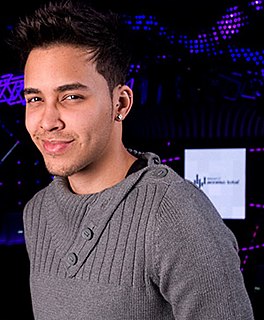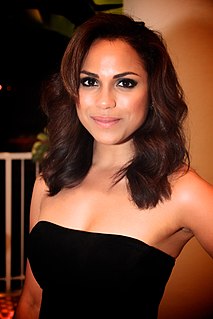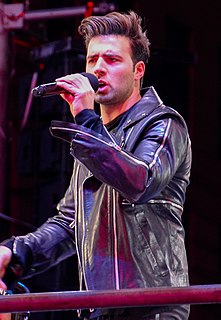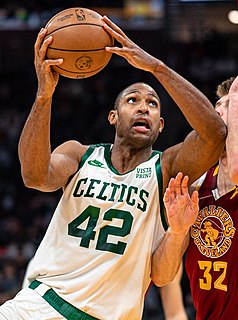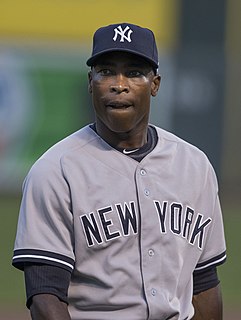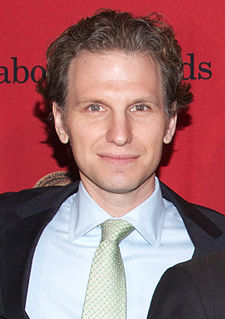A Quote by Prince Royce
I spoke English at school and Spanish at home, and I'm always eating Dominican food, listening to Dominican music.
Related Quotes
We still have our people working in the cane fields in the Dominican Republic. People are still repatriated all the time from the Dominican Republic to Haiti. Some tell of being taken off buses because they looked Haitian, and their families have been in the Dominican Republic for generations. Haitian children born in the Dominican Republic still can't go to school and are forced to work in the sugarcane fields.
The whole history between Haiti and the Dominican Republic is complicated. We share the island of Hispaniola, and Haiti occupied the Dominican Republic for twenty-two years after 1804 for fear that the French and Spanish would come back and reinstitute slavery. So we have this unique situation of being two independent nations on the same island, but with each community having its own grievance.
